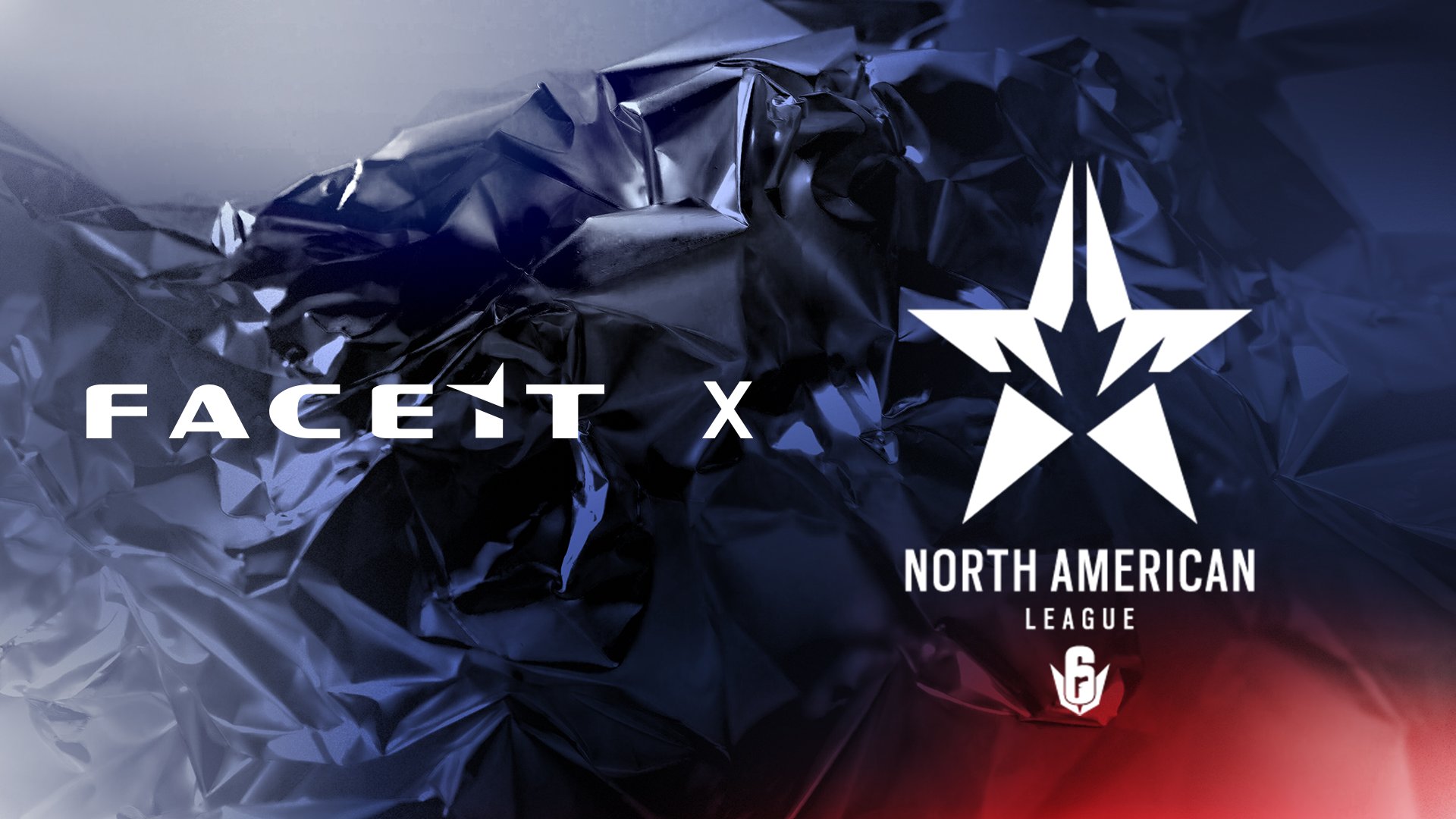According to Cody Luongo at Esports Insider, “Franchising promises longevity and a sustainable ecosystem for esports to snowball in, providing a structure professional gaming was formerly unequipped with.” As with any scenario, there are pros and cons. This article explores some of the pros and cons of esport leagues switching to a franchised format.

Rainbow Six: Siege’s competitive scene changes every year. It previously was easy for new esport organizations to join the competitive league. Organizations would need to sign a team that already had a spot in the league. If the roster already had an organization, the purchasing organization might need to buy out player contracts. This gave the power to the players as far as which organizations could participate in the Pro League. However, Ubisoft and FaceIt announced that the North American pro league would become a LAN league, meaning that teams will play “regular season” games locally, in Las Vegas. This move requires organizations to pay for housing and training facilities, thus raising the cost of entry.
Pros of Franchising
Consistency with Teams Participating in the League
One of the reasons a fan might buy a Lakers’ jersey is because they know that the Lakers will still be a professional team in the NBA. This consistency is not always present in Rainbow Six: Siege esports. For example, Evil  Geniuses owned a team in the North American pro league. EG has in-game cosmetics and had a large fanbase. Evil Geniuses dropped their roster due to the cost of moving their team to Las Vegas. Now, fans have in-game cosmetics and merchandise for a team that is no longer participating in the pro scene.
Geniuses owned a team in the North American pro league. EG has in-game cosmetics and had a large fanbase. Evil Geniuses dropped their roster due to the cost of moving their team to Las Vegas. Now, fans have in-game cosmetics and merchandise for a team that is no longer participating in the pro scene.
Sponsorships and Investors
If leagues are franchised, sponsorships of both the pro league and the organizations become more valuable. Sponsors are ensured that they are being exposed to the audience for which they are paying. In the example of Evil Geniuses, SteelSeries, a sponsor of EG, will no longer be shown to the Rainbow Six: Siege community through Evil Geniuses. The same argument could work for investors in the esports space. If there is no guarantee that an organization will be competing, it would be more difficult to invest money in that space.
Cons of Franchising
Purchasing Pro Spots
In some esport leagues, the league organizers require esport organizations to purchase spots in the pro league. For example, According to Matthew “Nadeshot” Haag, owner of 100 Thieves, Activision charged organizations $25 million to compete in the Call of Duty League. Ubisoft and FaceIt have not reported if they are franchising the North American league. Still, they are keeping teams from competing in the league if they are not willing to meet their requirements. As pointed out in the “pros” section, there are benefits to having franchised spots. However, a con is that this does not allow other organizations to compete in the pro scene, thus creating a monopoly in the games pro scene. Ubisoft has tried to combat this problem by implementing relegations. The team in the last place is required to compete for their spot against the Challenger League winner.
Amateur Players

From the looks of it, esport leagues that are franchising are doing so to align closer to traditional sports. One key difference between esports and traditional sports is drafting. Every year, traditional sports leagues host a draft to allow new players to join teams. Granted, more people are retiring from traditional sports than from esports every year. Nevertheless, it would be difficult for amateur players to get a chance with a professional roster without a draft.
Regardless of the situation, there are pros and cons, and franchising esports is not exempt from this. Some think franchising esports produces longevity and sustainability, whereas others see it from the perspective of new players and organizations. From the business aspect, franchising seems like the way to go. It will be interesting to see which esport league organizers will follow Overwatch and Call of Duty to franchise their esport leagues as well.
